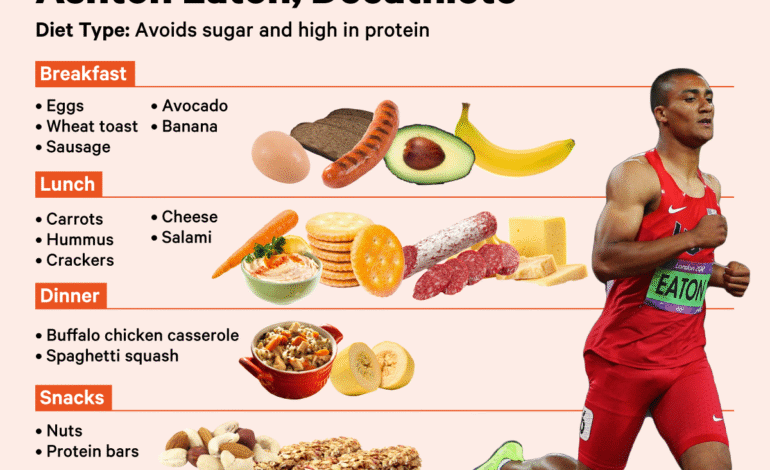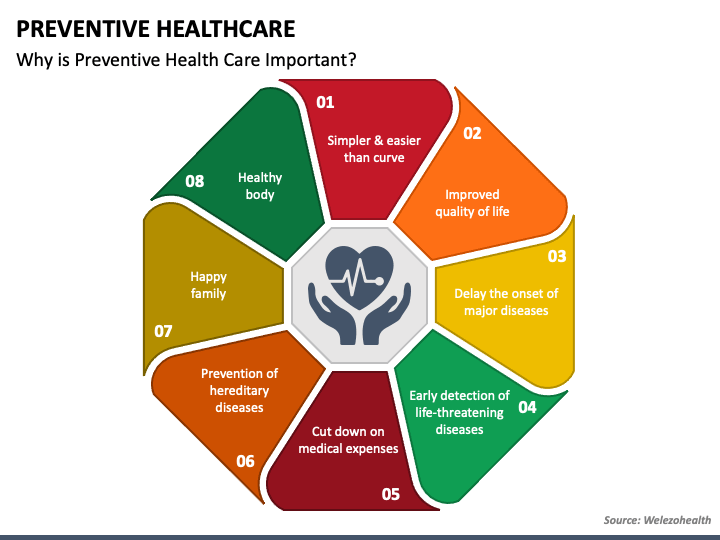Fueling Your Performance: Nutrition Tips for Athletes

“`html
Fueling Your Performance: Nutrition Tips for Athletes
For athletes, nutrition isn’t just about “eating your vegetables.” It’s a cornerstone of performance, recovery, and overall health. Whether you’re a seasoned marathoner, a weekend warrior, or just starting your athletic journey, understanding the basics of sports nutrition can make a significant difference in how you feel, perform, and recover.
The Fundamentals: Macronutrients for Athletes
Let’s break down the three primary macronutrients – carbohydrates, protein, and fats – and their roles in an athlete’s diet. Each plays a vital role, but the proportions need to be tailored to your sport and training intensity.
Carbohydrates: Your Energy Source
Carbohydrates are the body’s preferred fuel source for moderate to high-intensity exercise. They are broken down into glucose, which is stored as glycogen in your muscles and liver. Glycogen is readily available energy when you need it most.
The type of carbohydrate matters. Focus on complex carbohydrates like whole grains (oats, brown rice, quinoa), fruits, and vegetables. These provide sustained energy release compared to simple carbs (sugary drinks, processed foods) which can lead to a quick spike and then crash in blood sugar.
Timing is key: Consuming carbohydrates before, during, and after training helps fuel performance, maintain glycogen stores, and replenish them post-exercise. Endurance athletes especially need to pay close attention to carbohydrate intake.

Protein: Repair and Rebuild
Protein is essential for repairing muscle tissue damaged during exercise and building new muscle mass. It also plays a role in hormone production and immune function.
Good sources of protein include lean meats (chicken, turkey, fish), eggs, dairy products, beans, lentils, nuts, and seeds. Aim to distribute your protein intake throughout the day rather than consuming it all at once.
Post-workout protein: Consuming protein within 30-60 minutes after a workout can help maximize muscle recovery and growth. Consider a whey protein shake or a meal containing lean protein sources.
Fats: Essential for Hormone Production & Nutrient Absorption
Fats are important for hormone production, nutrient absorption (especially fat-soluble vitamins), and overall health. While not the primary fuel source during exercise, fats provide sustained energy, especially at lower intensities.
Choose healthy fats like those found in avocados, nuts, seeds, olive oil, and fatty fish (salmon, tuna). Limit saturated and trans fats.
Micronutrients: Vitamins & Minerals – The Often-Overlooked Heroes
While macronutrients get a lot of attention, micronutrients – vitamins and minerals – are equally crucial for athletic performance. Deficiencies in certain micronutrients can negatively impact energy levels, immune function, and recovery.
- Iron: Crucial for oxygen transport. Deficiency (anemia) leads to fatigue and reduced endurance.
- Calcium & Vitamin D: Essential for bone health and muscle function.
- Electrolytes (Sodium, Potassium, Magnesium): Lost through sweat; imbalance can lead to cramping and decreased performance.
- B Vitamins: Involved in energy metabolism.
- Vitamin C & E: Antioxidants that help protect cells from damage caused by exercise.
A well-balanced diet should ideally provide most of your micronutrient needs, but supplementation may be necessary based on individual needs and deficiencies identified through blood tests.
Hydration: The Foundation of Performance
Hydration is paramount for all athletes. Dehydration can lead to decreased performance, muscle cramps, fatigue, and even heatstroke.
Drink water consistently throughout the day, not just during exercise. During training or competition, consider electrolyte-containing sports drinks to replace lost sodium, potassium, and other minerals.
How much is enough? A general guideline is to drink 16-20 ounces of water every hour of moderate activity. Adjust based on intensity, duration, weather conditions, and individual sweat rate.
Specific Nutrition Strategies for Different Athletes
Nutritional needs vary depending on the type of sport and training volume:
- Endurance Athletes (Marathoners, Cyclists): Higher carbohydrate needs to fuel prolonged exercise. Focus on glycogen replenishment strategies.
- Strength/Power Athletes (Weightlifters, Sprinters): Increased protein intake for muscle repair and growth. Consider creatine supplementation (after consulting a healthcare professional).
- Team Sport Athletes (Soccer, Basketball): A balance of carbohydrates, protein, and fats to support both endurance and strength demands.
Timing Your Meals: Optimizing Nutrient Absorption
When you eat is just as important as what you eat.
- Pre-Workout: Focus on easily digestible carbohydrates 1-3 hours before exercise to top up glycogen stores.
- During Workout: For workouts longer than 60 minutes, consume carbohydrates (sports drinks, gels) every 30-60 minutes to maintain energy levels.
- Post-Workout: Replenish glycogen and repair muscle tissue with a combination of carbohydrates and protein within 30-60 minutes after exercise.
Listen to Your Body & Seek Professional Guidance
Ultimately, the best nutrition plan is one that’s tailored to your individual needs and goals. Pay attention to how different foods affect your performance and recovery.
Consider consulting with a registered dietitian or sports nutritionist for personalized guidance. They can help you develop a comprehensive nutrition plan based on your specific sport, training schedule, and health status.
Disclaimer: This blog post provides general information only and should not be considered medical advice. Always consult with a healthcare professional before making any significant changes to your diet or exercise routine.
“`



